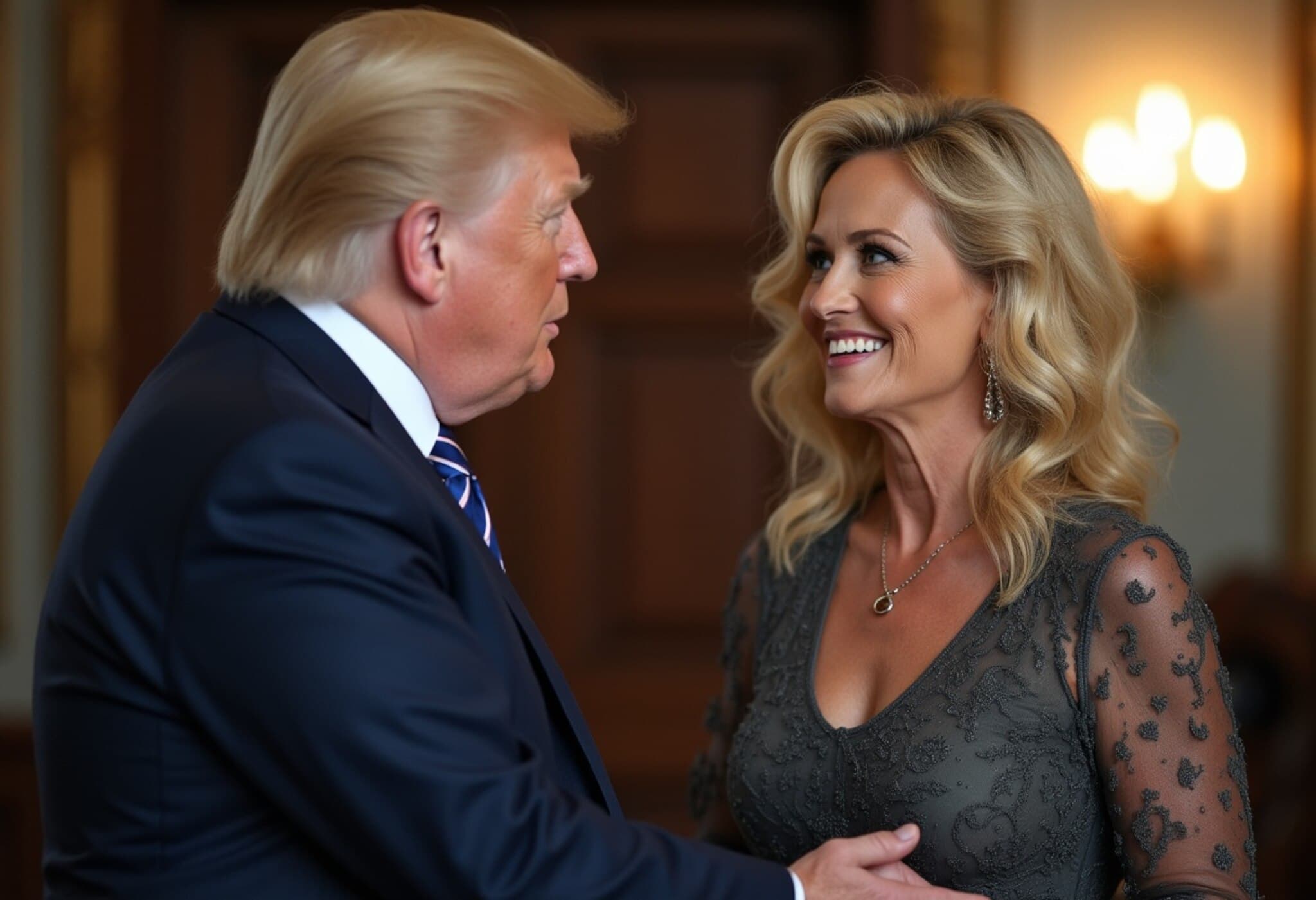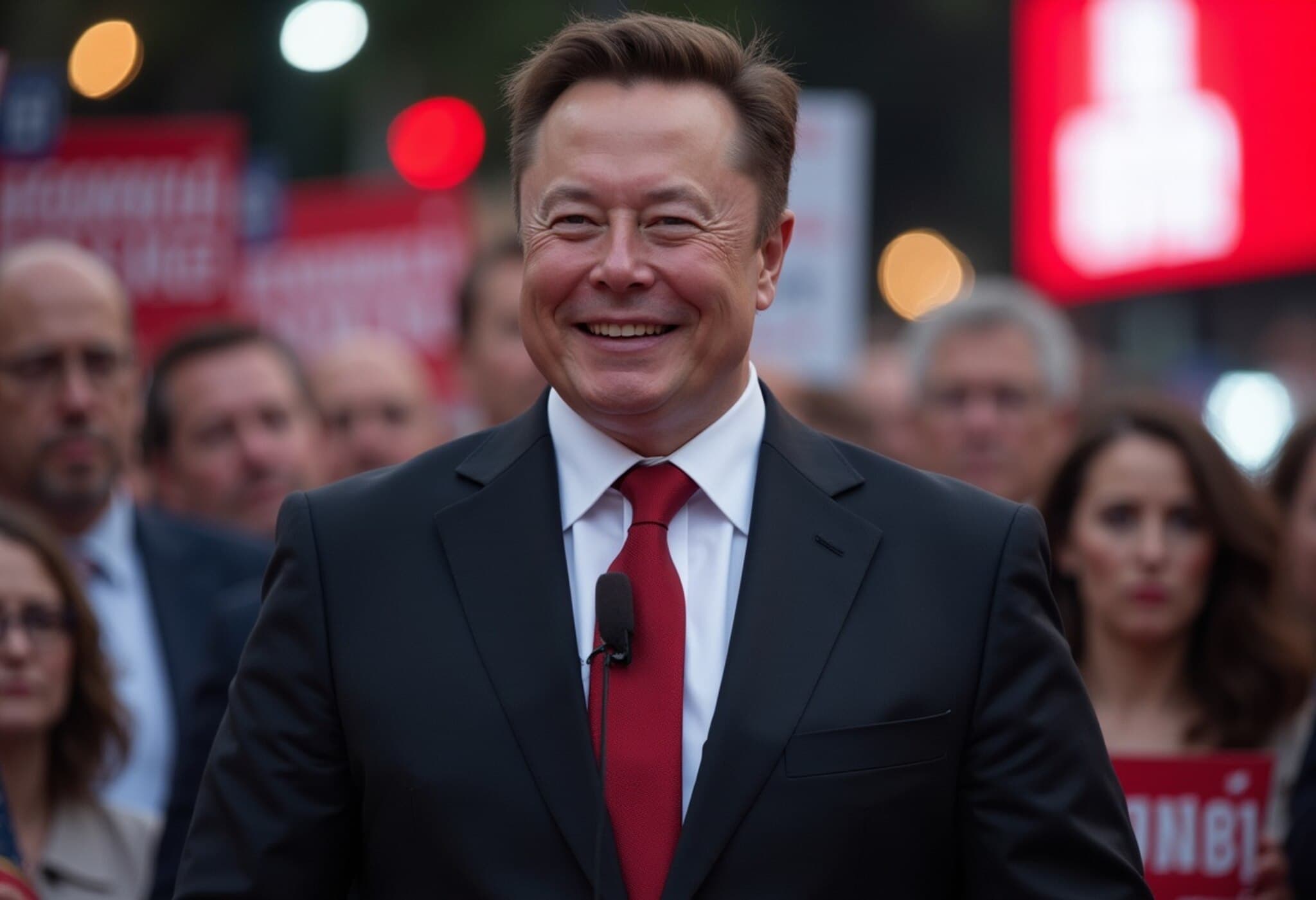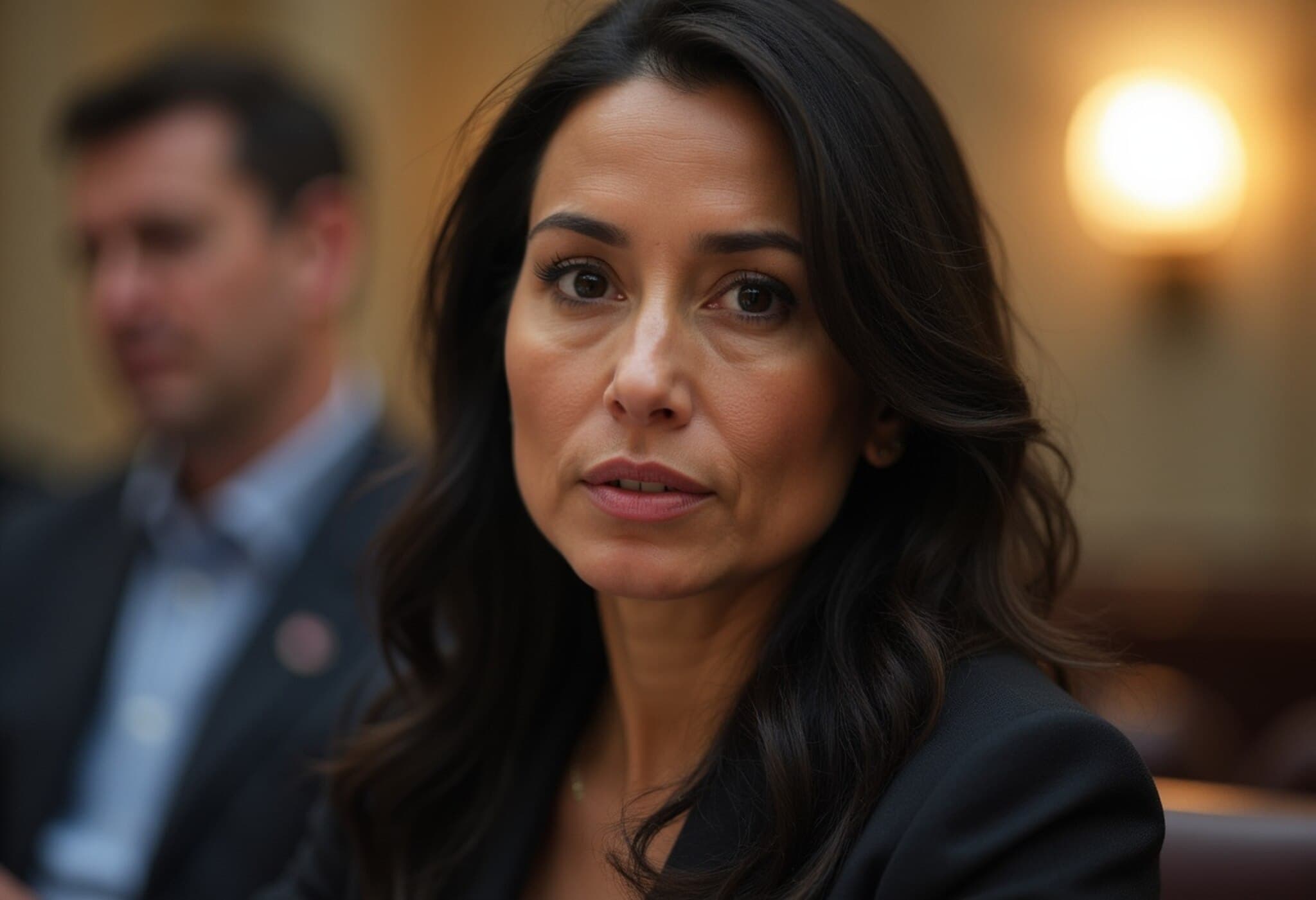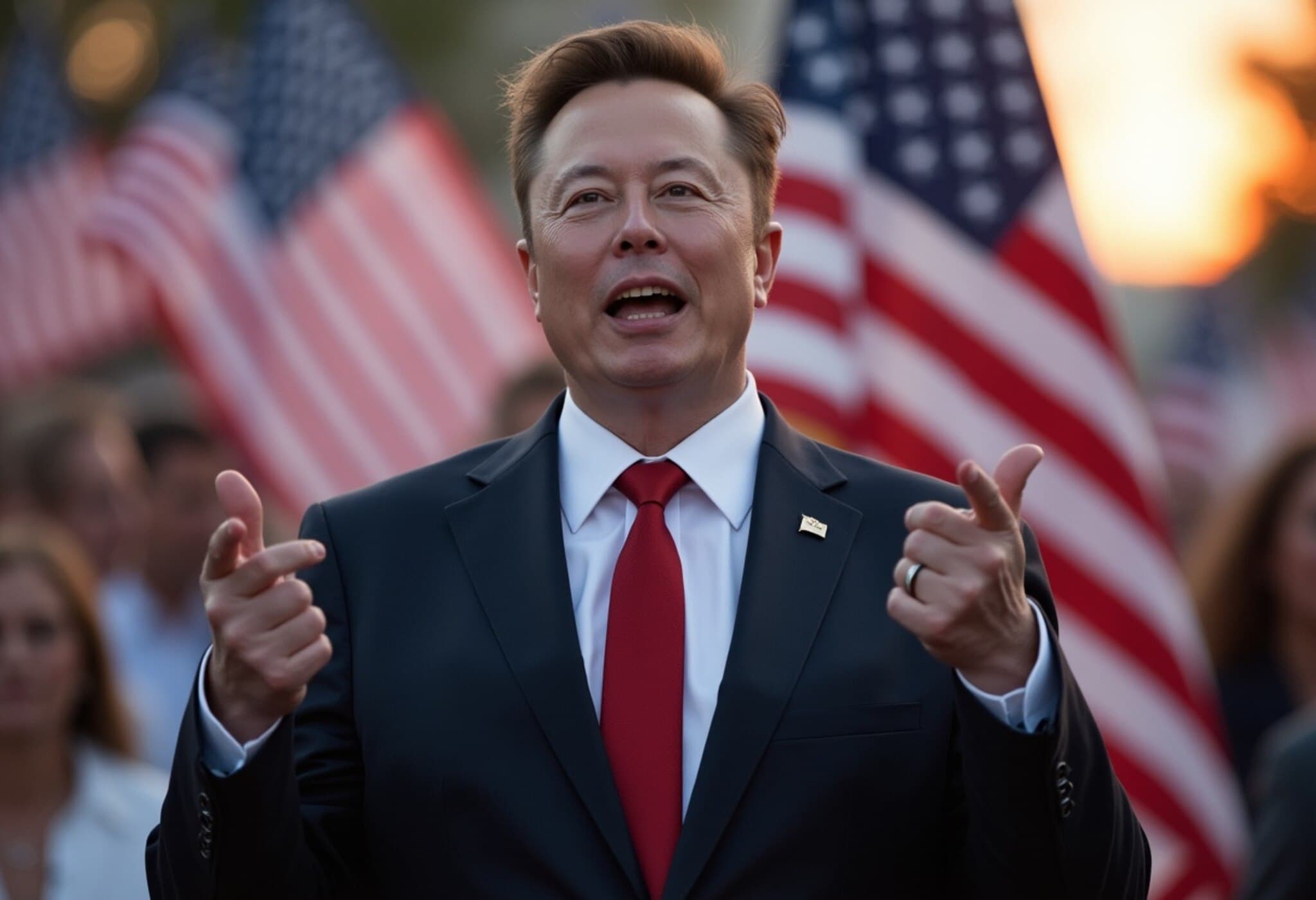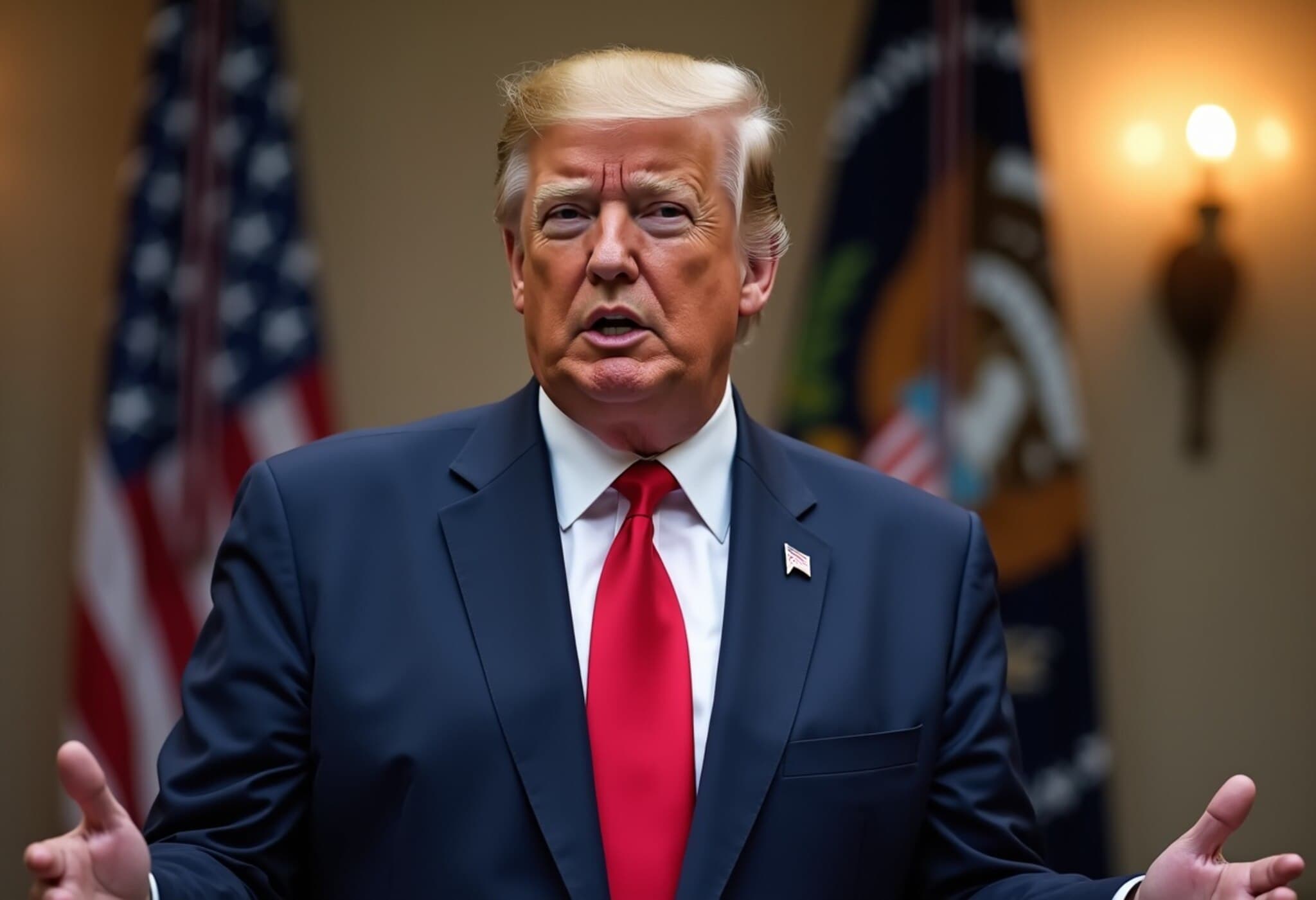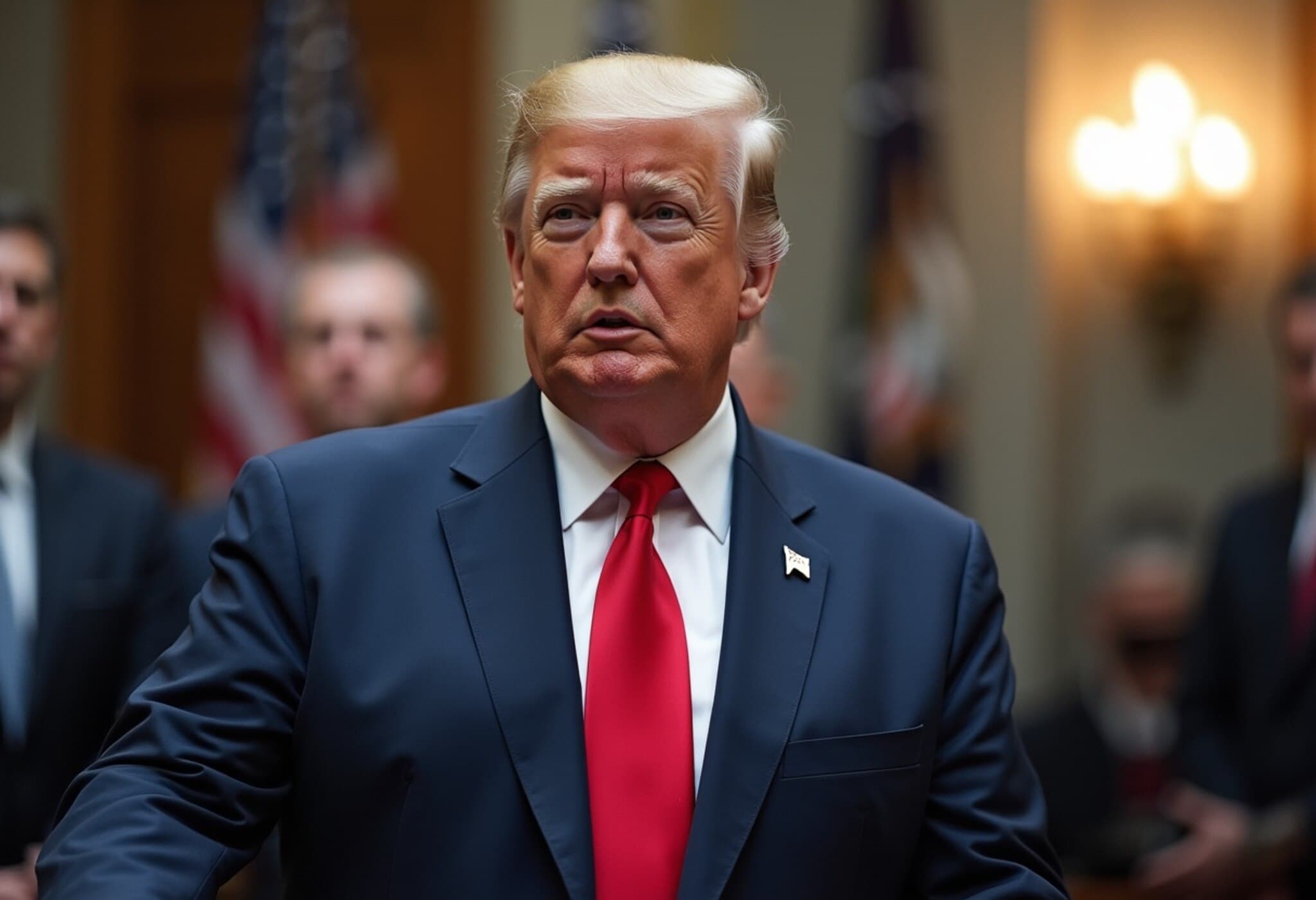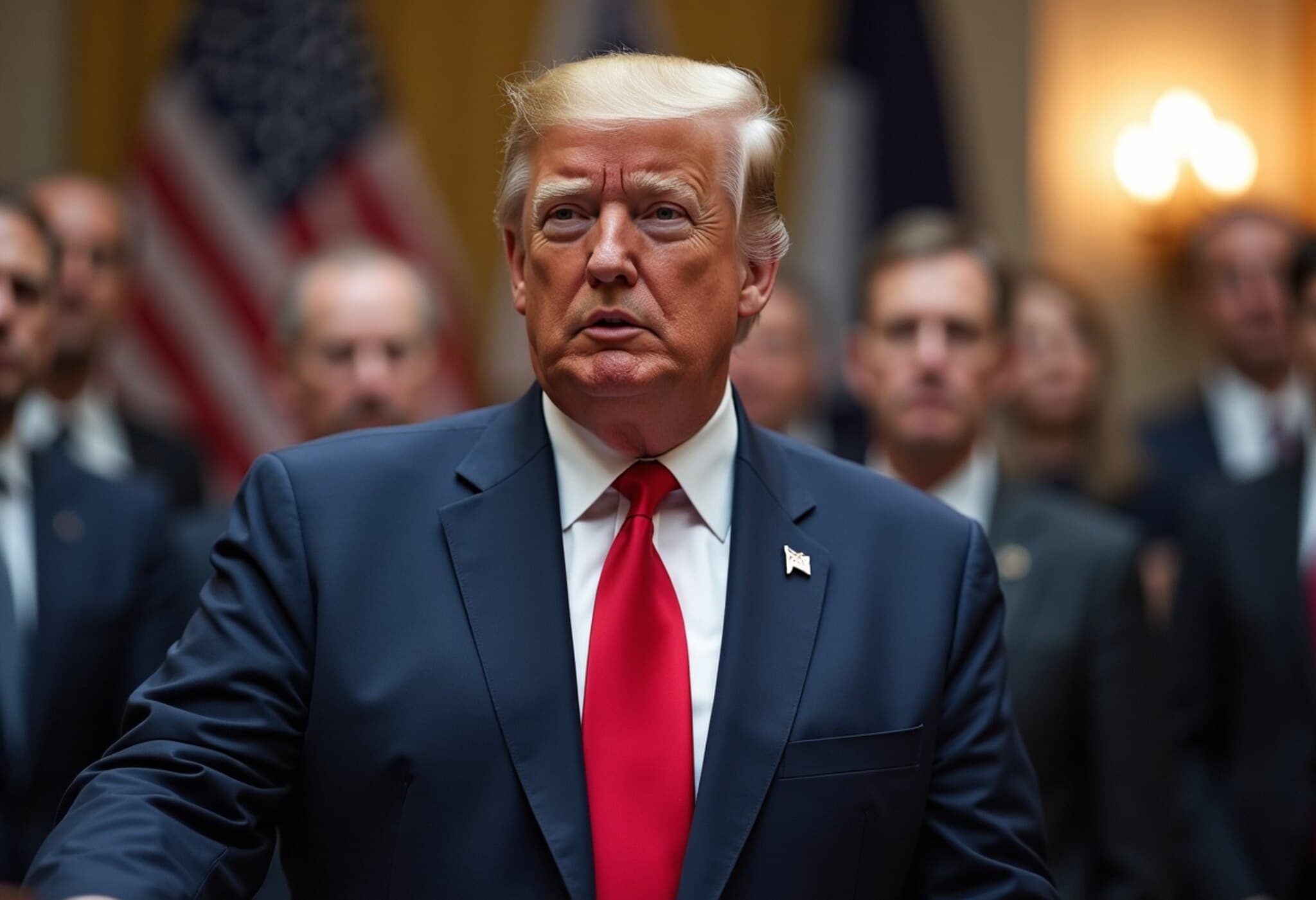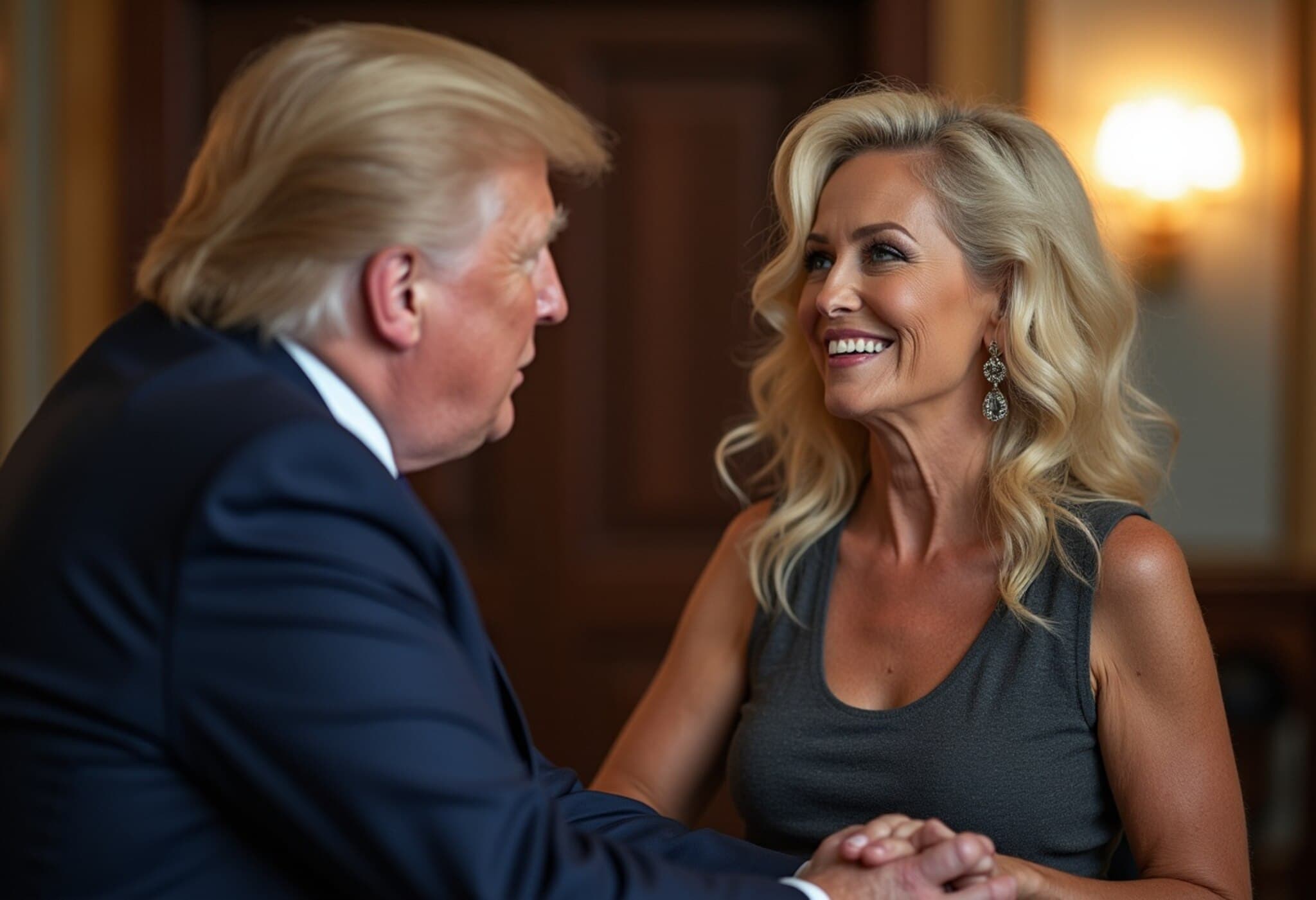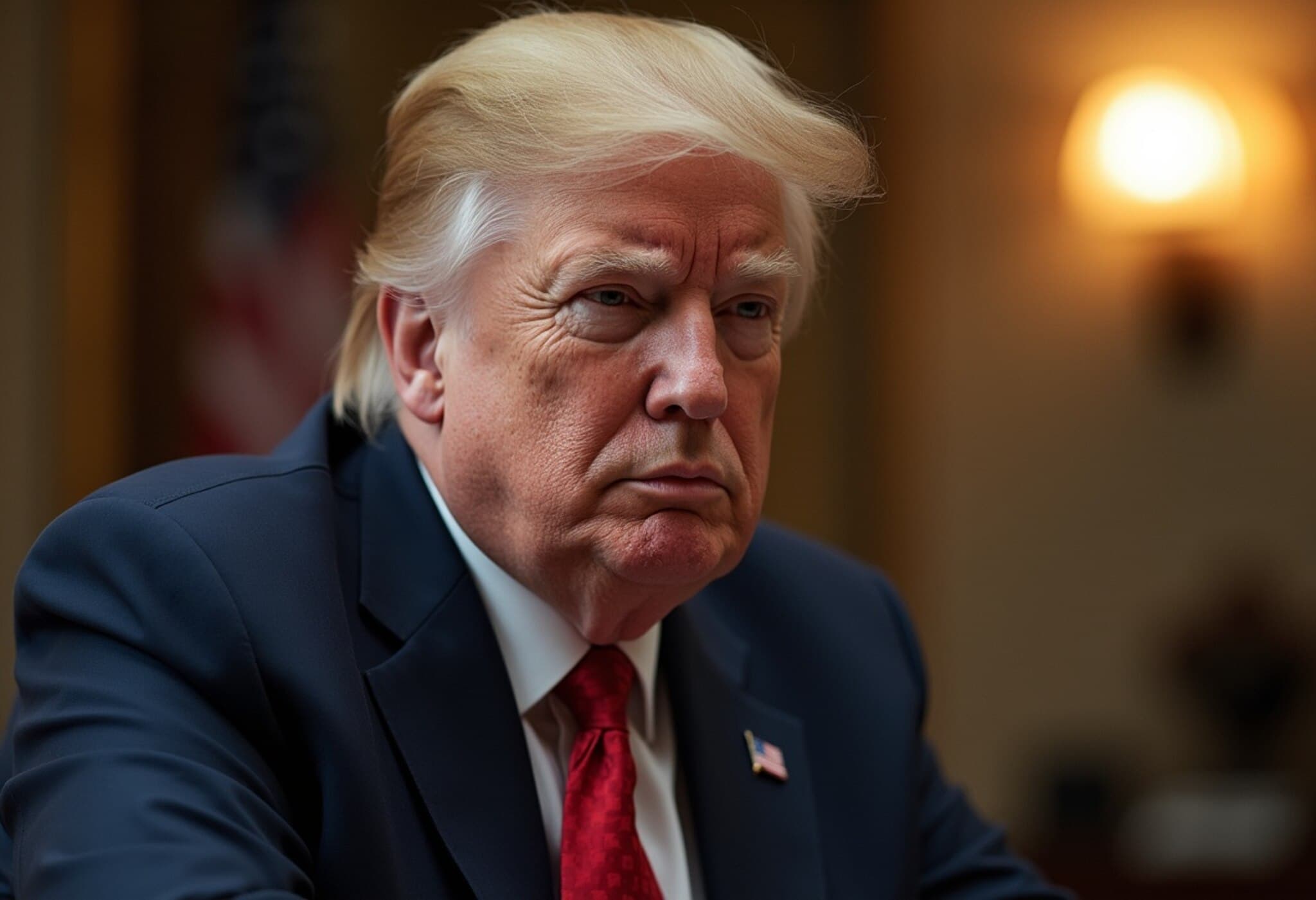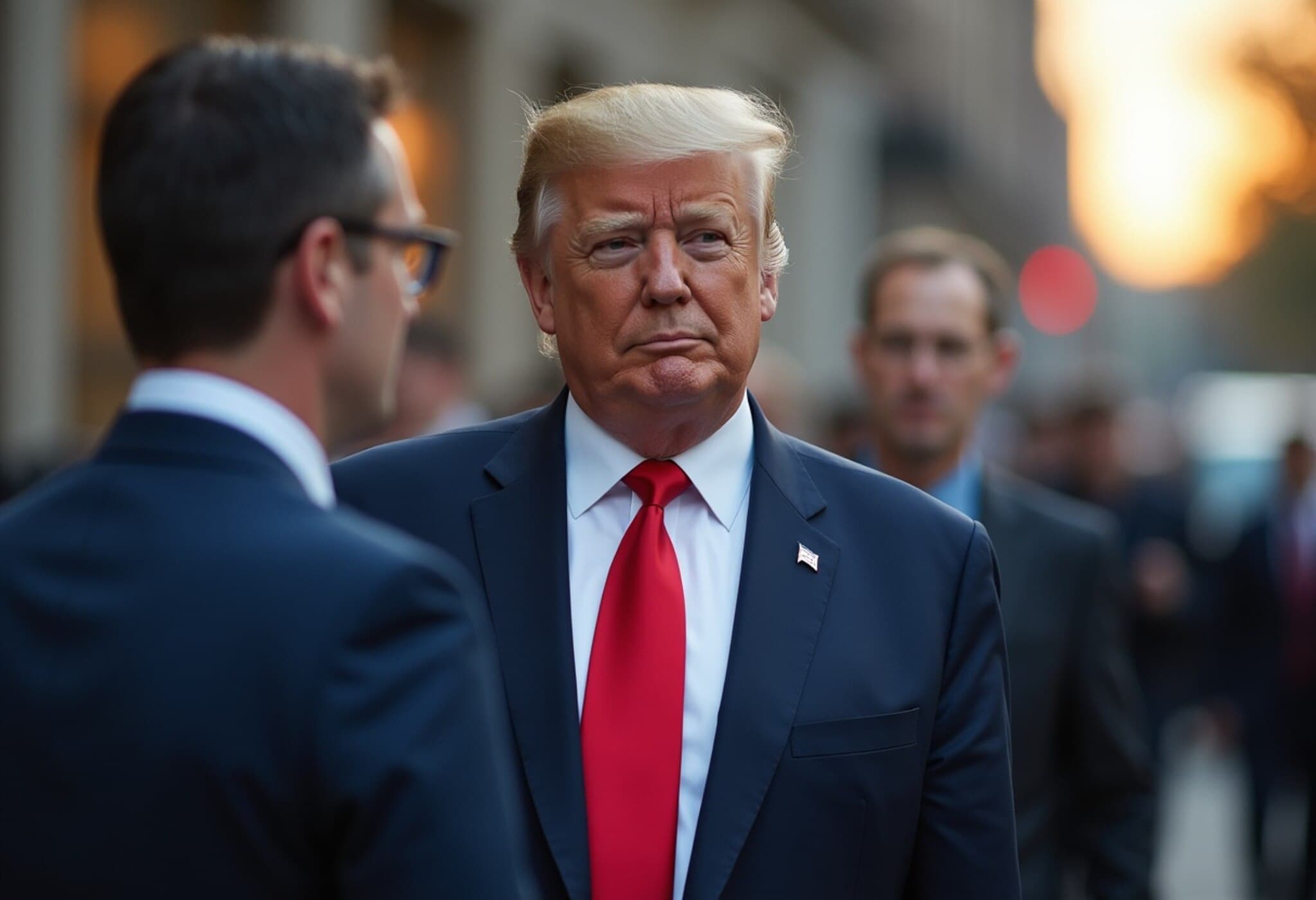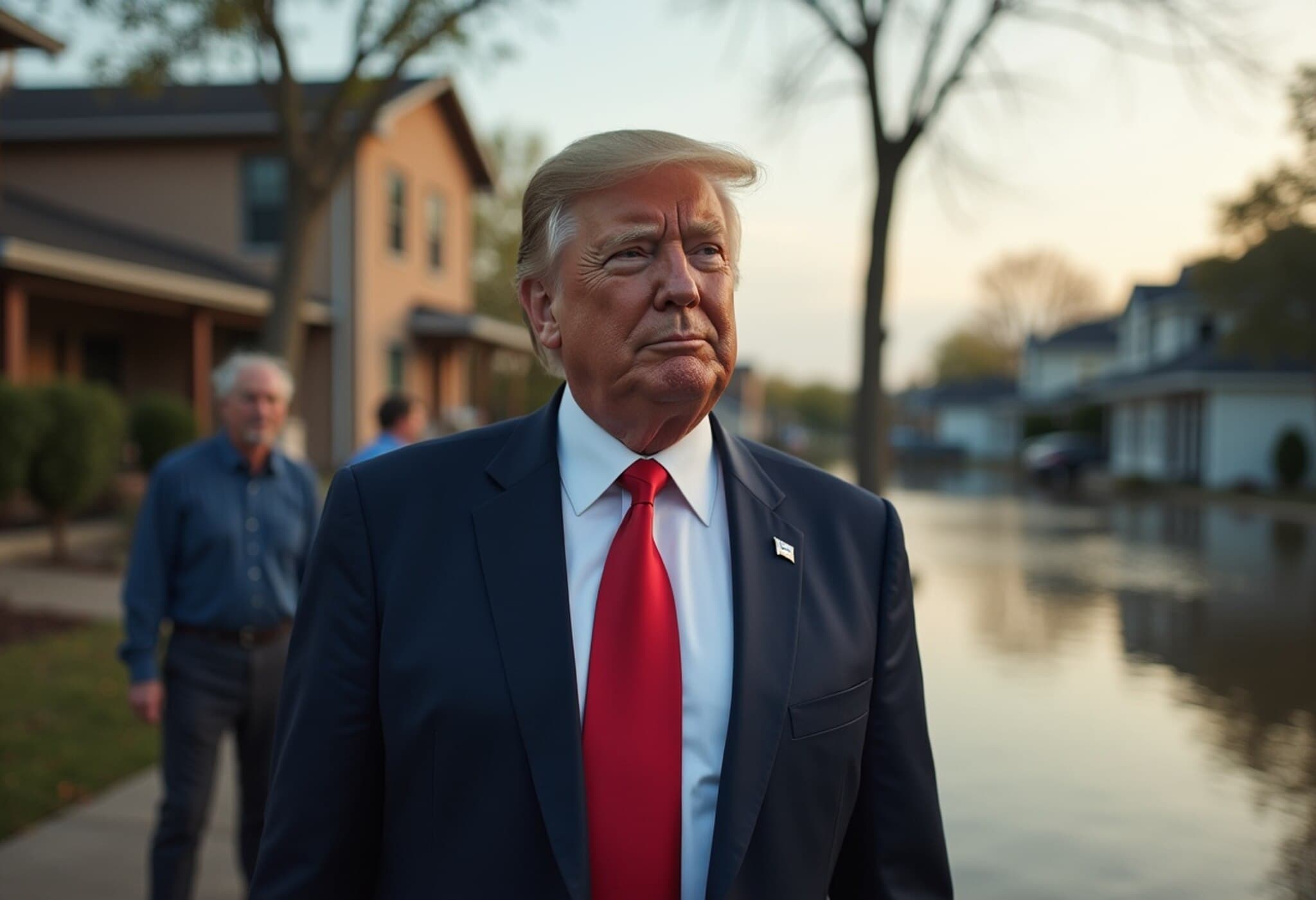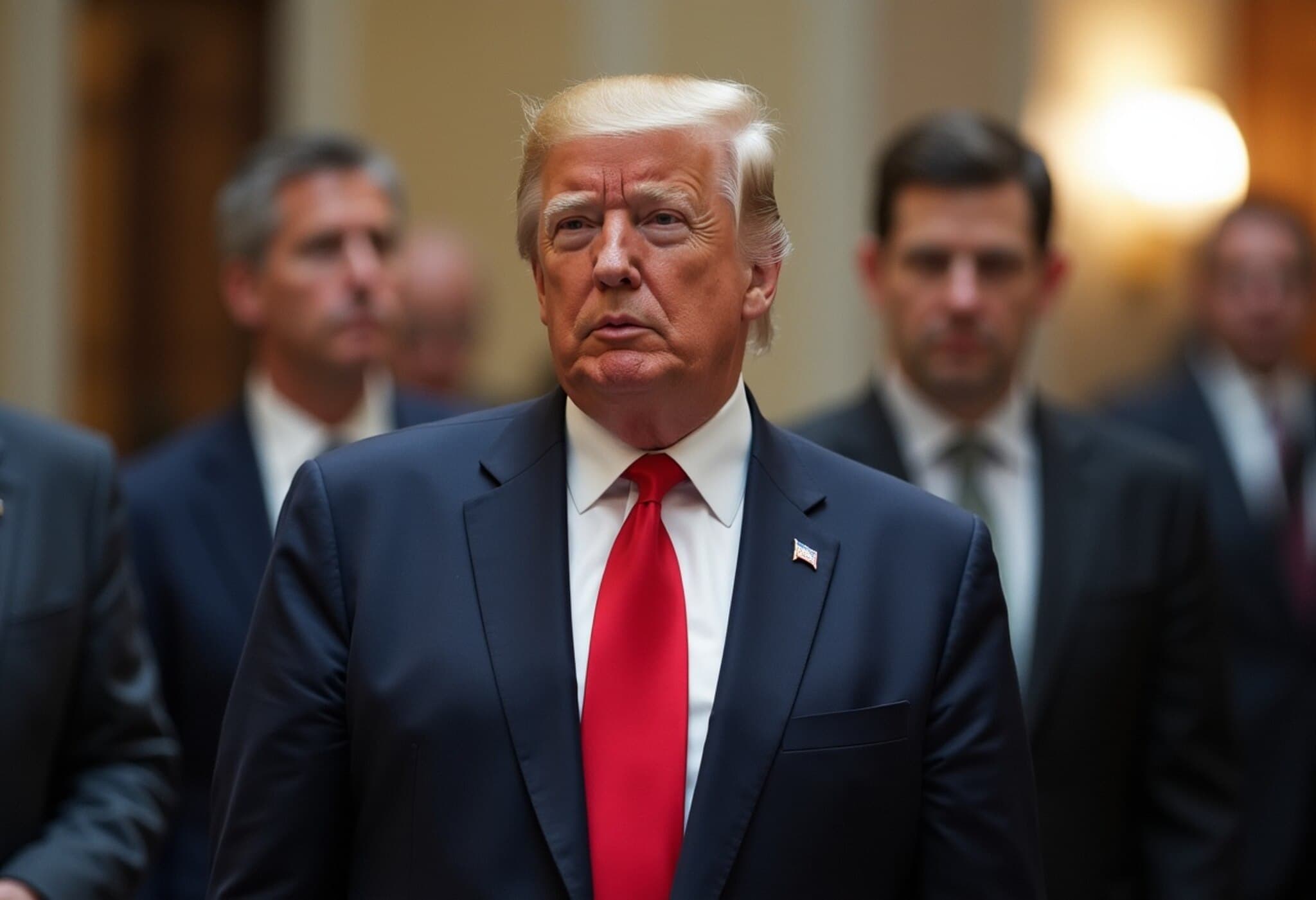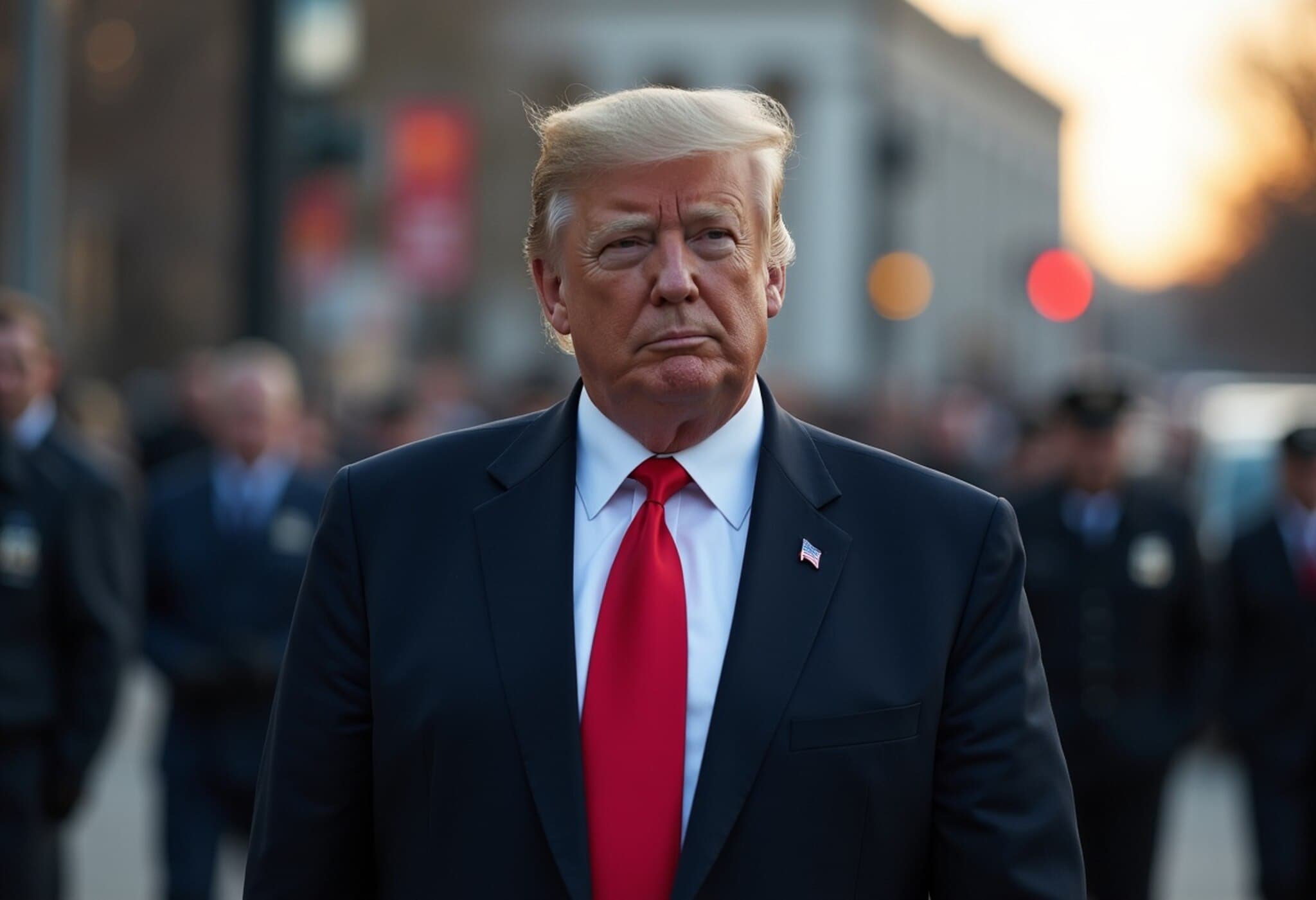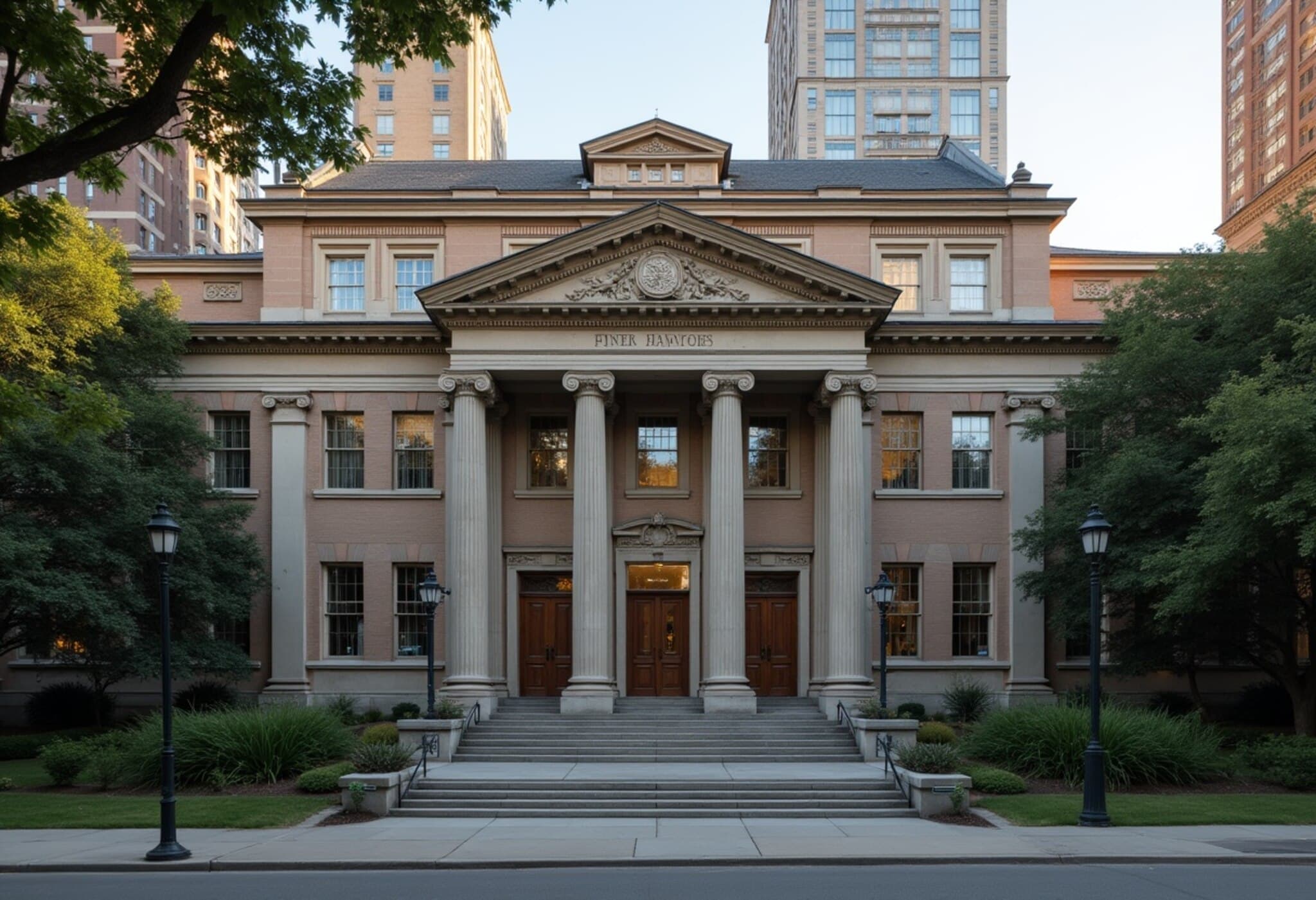Trump’s Citizenship Revocation Threat Sparks Legal and Political Debate
In a provocative move that reignites old tensions, former US President Donald Trump has publicly suggested revoking the American citizenship of talk show host Rosie O’Donnell. This latest salvo came after O’Donnell criticised his administration’s response to the devastating floods in Texas that claimed over 120 lives.
What Trump Said and Why It Matters
Posting on his social media platform Truth Social, Trump stated, “Because of the fact that Rosie O’Donnell is not in the best interests of our Great Country, I am giving serious consideration to taking away her Citizenship.” He further added that O’Donnell is a “Threat to Humanity” and suggested she should remain in Ireland — where she relocated earlier this year with her son.
This incendiary language underscores a pattern seen throughout Trump’s public life, where he has repeatedly targeted critics by questioning their patriotism and even their citizenship status. The exchange between Trump and O’Donnell is rooted in a decades-long feud dating back to 2006 when O’Donnell mocked Trump’s handling of a Miss USA pageant controversy.
Legal Reality: Can the President Revoke Citizenship?
Despite Trump’s forceful rhetoric, US law clearly states that the president does not have the authority to revoke citizenship arbitrarily. For individuals born on US soil, citizenship is protected under the 14th Amendment. Furthermore, naturalised citizens have legal safeguards against involuntary denationalization unless they voluntarily renounce citizenship or commit acts expressly permitted as grounds for loss of citizenship.
In other words, Trump’s threat lacks a legal foundation and is more a political weapon than a constitutional reality.
The Broader Context: Trump’s History of Citizenship Rhetoric
This incident is far from isolated. Trump has previously questioned the citizenship and patriotism of various public figures including:
- Elon Musk — Trump threatened to revoke citizenship following Musk’s criticism of new US policies affecting electric vehicle tax credits.
- Zohran Mamdani — The New York mayoral candidate was targeted amid unfounded accusations of extremist views.
- US Olympic athlete Tamyra Mensah-Stock, NFL players kneeling during the national anthem, and members of Congress such as Ilhan Omar and "The Squad" — Trump questioned their allegiance and suggested they should return to their countries of origin despite many being natural-born US citizens.
Such remarks have drawn widespread condemnation from legal experts, civil rights advocates, and mainstream politicians, who warn that this rhetoric threatens the principles of American democracy and the rule of law.
Tensions Rise Amid Texas Flooding Crisis
The backdrop of this controversy is the catastrophic flooding that struck Texas on July 4, resulting in at least 120 fatalities and widespread devastation. O’Donnell publicly blamed budget cuts to weather and environmental agencies under Trump’s administration for the government’s inadequate preparedness and response.
In contrast, federal officials, including Trump himself, defended their actions stating agencies performed "incredible" work under challenging circumstances. Nevertheless, many question whether early warning systems and disaster mitigation efforts were sufficient to protect vulnerable communities.
Expert Analysis: Implications for American Political Discourse
Dr. Emily Carter, a constitutional law scholar at Georgetown University, explains, “While politically charged invocations of citizenship revocation resonate with certain bases, they fundamentally misinterpret the legal protections enshrined in the Constitution. Such rhetoric risks normalizing exclusionary nationalistic narratives that undermine civic unity.”
Moreover, political analysts highlight the strategic use of citizenship threats as a deflection tool — shifting public discourse away from substantive policy failures to personal attacks.
What's Next?
With O’Donnell continuing to vocally oppose Trump’s policies from Ireland, and legal experts reiterating the impossibility of unilateral citizenship revocation, the confrontation seems poised to remain symbolic rather than material. However, it shines a light on a deeper cultural and political schism in the US and raises awareness about the importance of safeguarding constitutional rights against politicization.
Editor’s Note:
The clash between Donald Trump and Rosie O’Donnell over citizenship highlights troubling trends in contemporary American politics — where legal realities are sometimes overshadowed by incendiary rhetoric. It invites us to consider not only the resilience of constitutional protections but also how political dialogue shapes national identity and public trust. How might such divisive discourse affect social cohesion as America faces mounting challenges like climate disasters and political polarization? As readers, staying informed and critically engaged remains our first line of defense.

